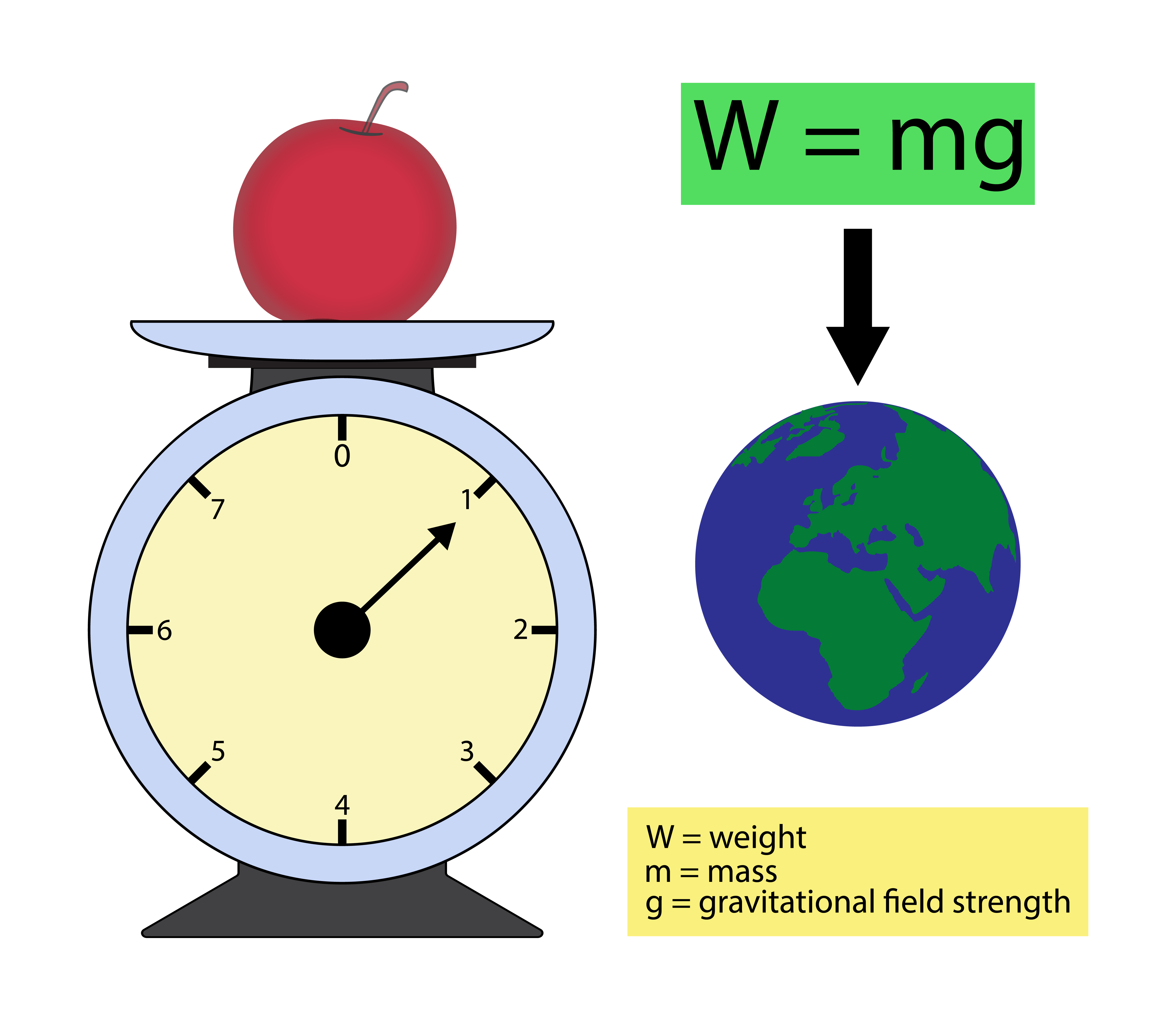Sometimes, the things we care about the most come with a certain kind of heaviness. It's not a bad kind of heavy, not really. It's more like the deep sense of purpose that comes from building something, or perhaps supporting a special interest that means a lot to a group of people. Think about the dedication that goes into creating a detailed collection of games, or the effort put into making sure a game plays just right for its audience. This kind of work, you know, it carries a lot of significance for those involved.
When you get right down to it, there's a real commitment involved in fostering unique corners of the gaming world. It's about more than just playing; it's about making, sharing, and helping others enjoy what you love. This is particularly true in specific gaming areas where the content might be a bit different from what most people expect, requiring a special kind of attention and care from everyone involved.
So, we're going to talk a little about that feeling, that sense of responsibility and dedication that comes with being part of something unique in games. It's a bit like a "weight of duty wow" moment, where the passion for a particular type of play or creation truly stands out, requiring thoughtful effort and ongoing engagement from its contributors and fans alike.
- Donal Logue Gotham
- When Does New Season Of Rhoa Start
- Ted Everett Auction
- Whens The Eagles Parade 2025
- Kayleigh Jones
Table of Contents
- Collecting the Uncommon: What is the Weight of Duty Wow in Curation?
- The Developer's Burden: How Does the Weight of Duty Wow Show Up in Game Creation?
- Overcoming Technical Glitches: A Weight of Duty Wow Challenge
- Crafting Unique Experiences: Is That a Weight of Duty Wow?
- Community Connections: Where Does the Weight of Duty Wow Reside?
- Building a Supportive Space: The Weight of Duty Wow in Shared Interests
- The Storyteller's Task: What is the Weight of Duty Wow in Narrative Design?
- Managing Information and Discourse: The Weight of Duty Wow in Organization
Collecting the Uncommon: What is the Weight of Duty Wow in Curation?
Someone, you know, has taken on the task of gathering up all the weight gain games they can find on itch.io. This isn't just a small list; it has, as a matter of fact, grown to over 400 entries and it's still getting bigger. This kind of collection effort, you see, carries a significant amount of dedication. It's about keeping track of a very specific niche, making sure everything is included, and then making that information available to others who might be interested. It's a bit like being a librarian for a very particular kind of digital library, and that certainly feels like a "weight of duty wow" for the person doing it. They are providing a service to a community that might otherwise struggle to locate these kinds of games.
The sheer volume of games on this list means a lot of ongoing work. It's not just about finding them once; it's about checking for new ones, keeping the list up to date, and making sure the information is easy for others to use. This kind of ongoing maintenance, you know, is a quiet but important part of supporting a specific gaming interest. It shows a real commitment to the people who enjoy these games, giving them a central spot to explore new titles. This kind of consistent effort, arguably, is a true example of taking on a considerable responsibility for the community.
The Developer's Burden: How Does the Weight of Duty Wow Show Up in Game Creation?
Creating games, particularly those with very specific mechanics or themes, brings its own set of responsibilities. There's a lot that goes into making a game work well, from the initial idea to the very last tweak. This process can be quite involved, and it definitely highlights a "weight of duty wow" for the creators. They are trying to bring their ideas to life in a way that players will enjoy and that functions as intended. It's a creative process, but it also requires a good deal of technical skill and problem-solving, which can sometimes be quite a challenge.
Overcoming Technical Glitches: A Weight of Duty Wow Challenge
Sometimes, things just don't work the way they're supposed to. For instance, in one game, a weight stage transition for a "mukbang streamer" character apparently failed to show the correct image the first time. The developer had to figure out what was wrong, and it seems that rolling back and choosing different options helped fix the issue. This kind of troubleshooting, you know, is a common part of making games. It's a "weight of duty wow" to ensure that the player's experience is smooth and that the game performs as expected. Fixing these little snags is essential for player enjoyment and for the overall quality of the game.
Every little bug or unexpected behavior means the developer has to put in extra time and thought to get things right. It's not always glamorous, but it's a very necessary part of the job. This constant need to refine and correct, to make sure the digital pieces fit together just so, represents a significant part of the creative and technical commitment involved in game making. It's a quiet dedication to getting the details correct for those who will play their creation.
Crafting Unique Experiences: Is That a Weight of Duty Wow?
Think about a game that's described as a "unique blend of speed and romance," or one that mixes 2D and 3D elements. Or perhaps a fetish text adventure game. These kinds of projects show a real desire to try new things and push boundaries. It's a "weight of duty wow" for developers to come up with fresh ideas and then figure out how to make them work. This includes things like adding detailed character customization and creating specific "weight stage logic," where the game might even keep track of things in gallons, which is pretty interesting, if you think about it.
The developer, "dreamproject," sharing their game made in RPGMaker MV, also shows this kind of personal commitment. It’s a very real act of putting your creative work out there for others to see and experience. This personal investment, the act of bringing a specific vision to life and then presenting it to a community, carries a considerable amount of personal responsibility. It's about sharing a piece of your creative self, which is, in some respects, a significant part of the "weight of duty wow" for any creator.
Community Connections: Where Does the Weight of Duty Wow Reside?
A big part of any specialized interest group is the community that supports it. There's a specific community dedicated to "supporting expansion and fat themed game development." This group, you know, acts as a place where people with similar interests can come together, share ideas, and help each other out. This kind of mutual support really highlights a "weight of duty wow" for everyone involved. It's about creating a welcoming space where people feel comfortable discussing their passions and getting help with their projects.
The idea of a "weight gain couple storyline" being described as "adorable" also points to the community's role in affirming and celebrating these specific themes. It shows that there's a shared appreciation for certain kinds of content, and that people are happy to see these ideas explored in games. This collective enthusiasm and support, you know, really helps to foster a positive environment for both creators and players in this niche.
Building a Supportive Space: The Weight of Duty Wow in Shared Interests
Beyond just talking about games, these communities often provide a place for "off topic stuff" as well, as long as it's legal, of course. This ability to discuss a wider range of topics, to just chat about things that aren't strictly game-related, helps to build stronger bonds between people. It’s a very natural way for groups to grow and become more cohesive. This kind of open discussion, you see, is a crucial part of what makes a community feel like a real place where people can connect. It's a quiet but significant "weight of duty wow" to maintain these spaces so they remain friendly and open for everyone.
When people feel like they can freely share and discuss things, it strengthens the whole group. This sense of belonging, of having a place where your particular interests are understood and appreciated, is very important. It’s a collective effort, really, to keep these conversations going and to make sure the community remains a welcoming spot for new and old members alike. This shared responsibility for the group's well-being is a core part of the "weight of duty wow" that binds these communities together.
The Storyteller's Task: What is the Weight of Duty Wow in Narrative Design?
Games that involve storytelling, especially text adventures, carry a particular kind of creative responsibility. For example, a game where you "seek treasure, find love, and choose your fate" or a text game called "Gaining Perspective" about "extreme weight gain, with a fairly genuine approach to pace," these kinds of experiences really depend on careful writing. The people making these games have a "weight of duty wow" to craft narratives that are engaging, meaningful, and that handle their themes with thought and care.
The idea of a "genuine approach to pace" is especially interesting here. It suggests that the creators are thinking deeply about how the story unfolds, making sure it feels right for the player. This isn't just about writing words; it's about creating an experience that resonates, that allows players to feel truly involved in the story's progression. This careful consideration of narrative flow and emotional impact is a significant part of the creative "weight of duty wow" for these kinds of games.
Managing Information and Discourse: The Weight of Duty Wow in Organization
As communities and their associated content grow, the task of keeping everything organized becomes a real challenge. The list of games, for instance, has gotten so big that it's being moved from a general discussion platform to a dedicated "wg wiki." This move, you know, is happening because the list became "too large for discourse to handle properly." This kind of large-scale information management is a clear example of a "weight of duty wow." It's about making sure that valuable information remains accessible and easy to update for everyone.
The request for people to "update the pages there or cre" shows that this is an ongoing, collaborative effort. It's not just one person's job; it's a shared responsibility within the community to keep the wiki accurate and current. This collective effort to maintain a central resource, to ensure that information is well-organized and easy to find, is a very practical and important aspect of supporting a specialized interest group. It's a continuous commitment to the community's shared knowledge, which is, quite honestly, a significant part of the "weight of duty wow" in action.
So, we've explored the various ways a certain kind of responsibility and dedication shows up in the world of unique gaming interests. From the person meticulously compiling vast lists of games, to the developers tackling tricky bugs and crafting very specific narratives, to the communities that support and organize these shared passions, there's a constant thread of commitment. This is all about the quiet, yet profound, "weight of duty wow" that comes with building, sharing, and maintaining these special corners of the gaming landscape.


